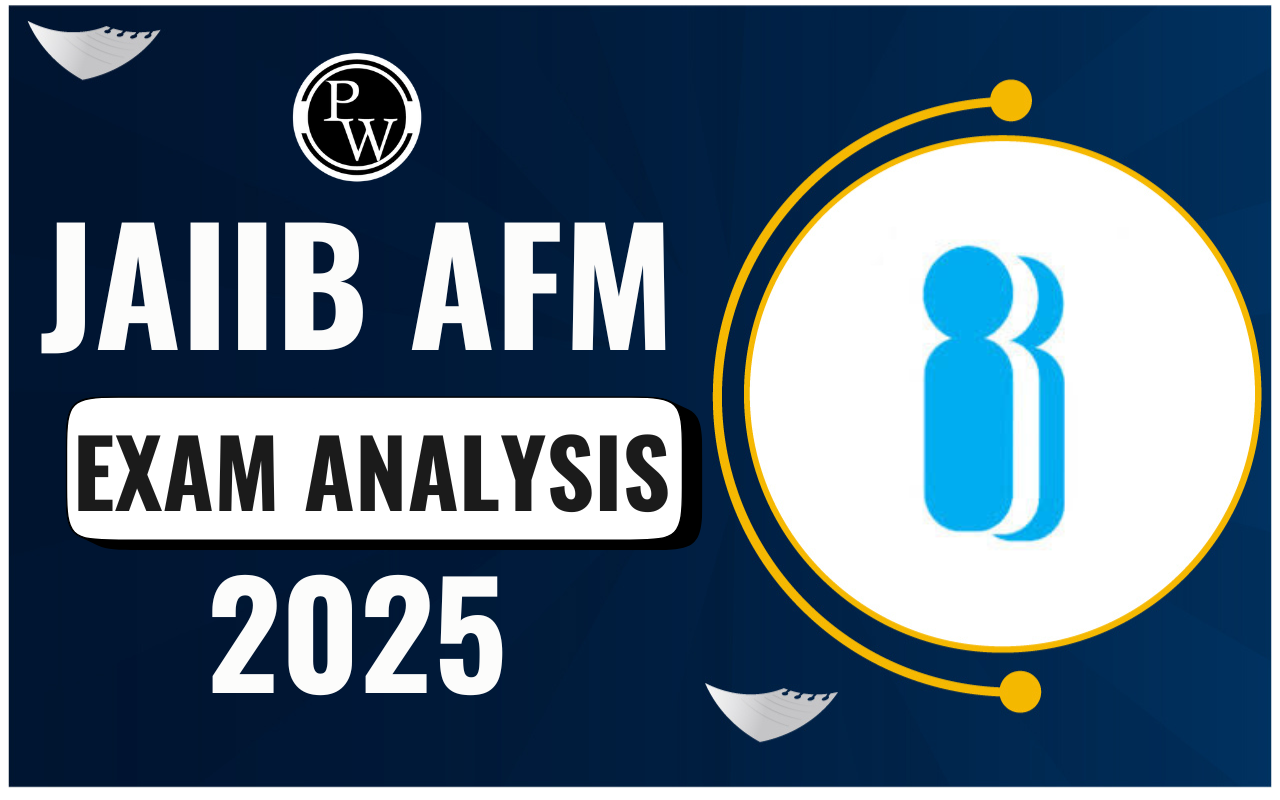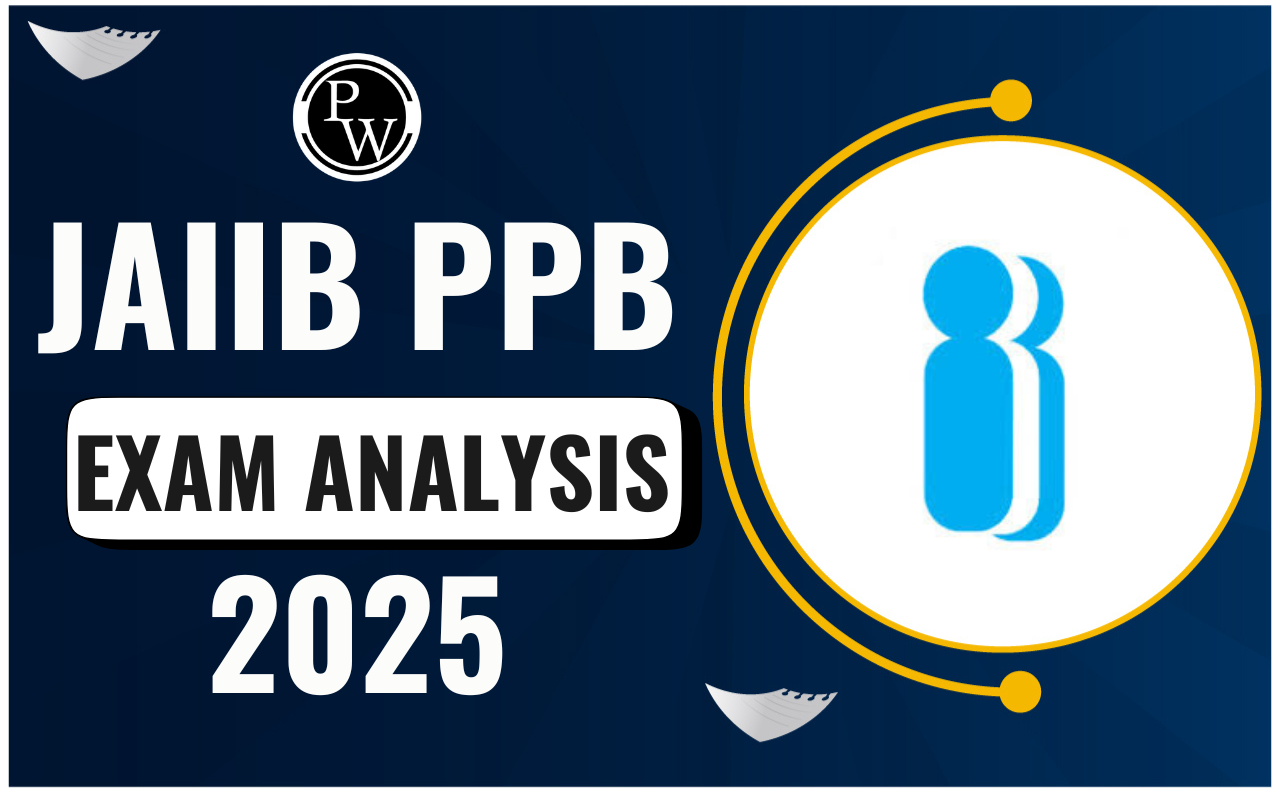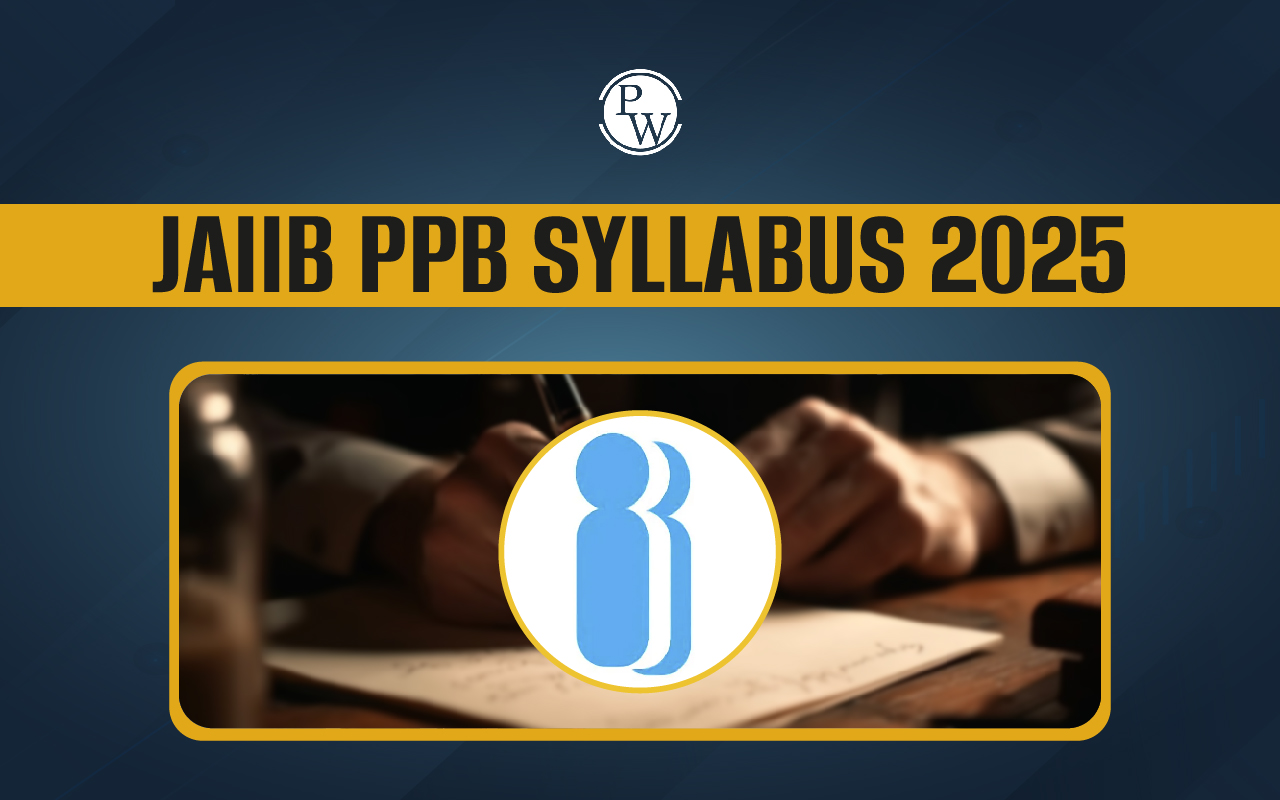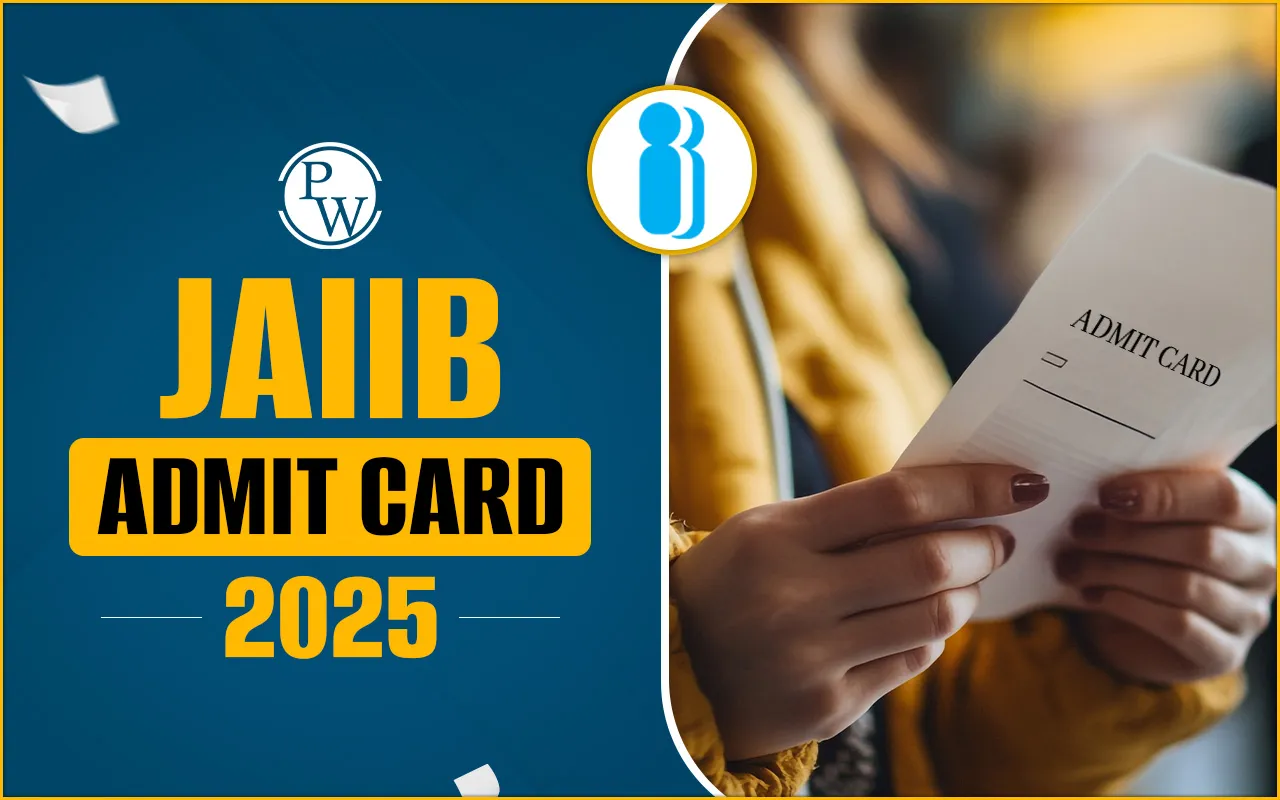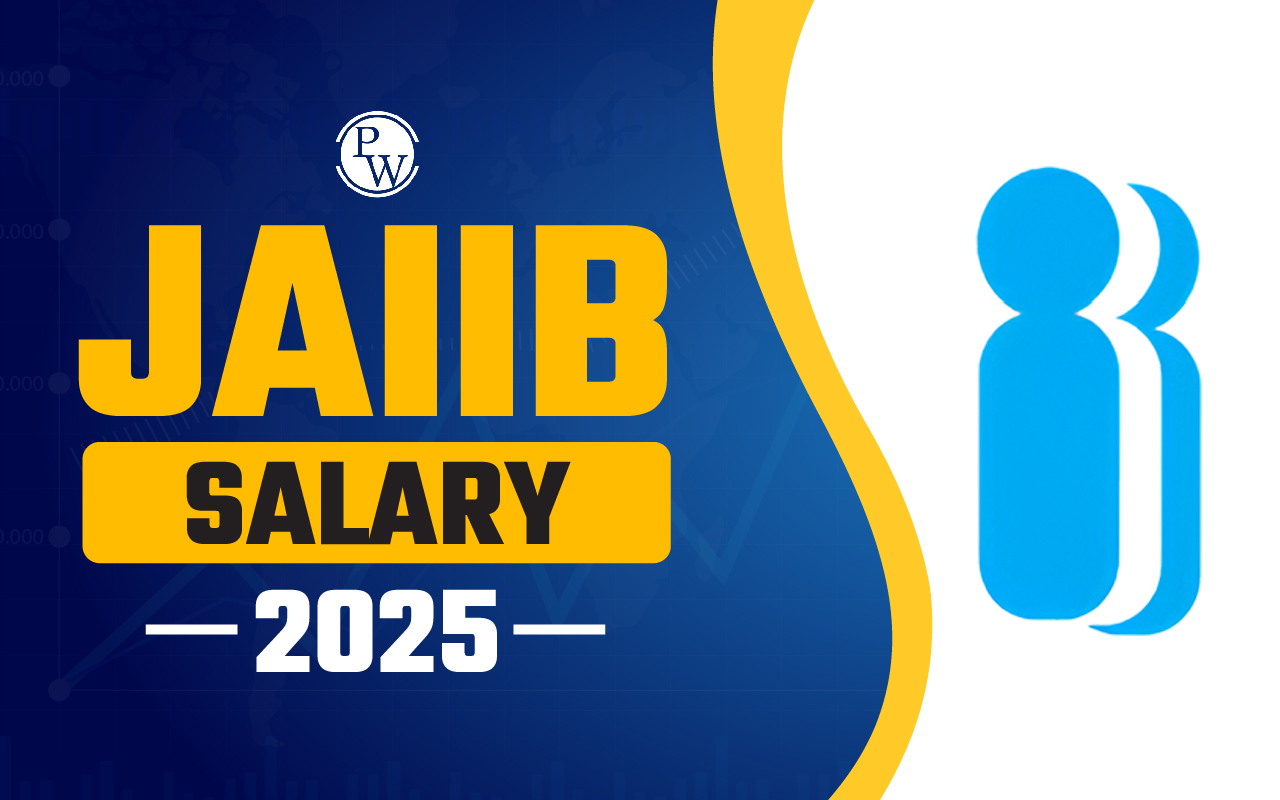
JAIIB RBWM Preparation Tips: JAIIB (Junior Associate of the Indian Institute of Bankers) exam is a crucial step for banking professionals looking to enhance their knowledge and career prospects. Among the three subjects tested, Retail Banking and Wealth Management (RBWM) stands out as both fundamental and approachable. A solid understanding of RBWM is important as it covers key concepts in retail banking, customer service, and wealth management strategies.
To achieve a score of 50+ marks in this subject, candidates need to follow a structured preparation strategy. This includes a detailed review of the syllabus, effective study techniques, and practical resources. By focusing on important topics and practicing consistently, candidates can develop the knowledge and skills necessary to perform well in the JAIIB RBWM exam.JAIIB RBWM Preparation Strategy
Preparing for the JAIIB (Junior Associate of the Indian Institute of Bankers) exam, particularly the Retail Banking and Wealth Management (RBWM) subject, requires a systematic approach to ensure success. Below is a detailed step-by-step strategy that encompasses understanding the syllabus, analyzing previous years' questions (PYQs), identifying important topics, prioritizing modules, and utilizing effective study resources.Step 1: Streamline the Syllabus
The RBWM paper comprises four modules:- Module A: Retail Banking
- Module B: Retail Products and Recovery
- Module C: Support Services – Marketing of Banking Services/Products
- Module D: Wealth Management
Step 2: Understand the PYQ Analysis
Analyzing past year questions is crucial for effective preparation. Key insights from the October 2023 paper include:Difficulty Level: Moderate to difficult with a lengthy format, necessitating efficient time management.
RBWM Trends: Most questions stemmed from Module B, followed by Modules C and D.
Overall Weightage:
- Module A: 10 questions
- Module B: 40 questions (highest weightage)
- Module C: 20-25 questions
- Module D: 20-25 questions
Step 3: Identify Important Topics
From your PYQ analysis, pinpoint essential topics for each module:Module A: Retail Banking
- Characteristics of Retail Banking
- Branch Profitability
Module B: Retail Products and Recovery
- Product Development Process
- Important Retail Liability and Asset Products
- Role of AI and Technology in Banking
Module C: Support Services
- Marketing Mix
- Customer Relationship Management
Module D: Wealth Management
- Investment Management
- Tax Planning
Step 4: Prioritize Modules
To maximize your preparation, follow this module sequence:- Module B : Start with this module for the most significant scoring potential.
- Modules C and D : Progress to these modules next for comprehensive coverage.
- Module A : Tackle this last, as it has the least number of questions.
Step 5: Understand How to Cover Each Module
- Cover Important Topics: Break topics into manageable sections and allocate study time.
- Practice with Mock Tests and PYQs: Regular practice helps gauge understanding and improve time management. Analyze performance to identify strengths and weaknesses.
- Regular Revision: Reinforce your learning through periodic revision sessions to enhance retention.
Step 6: Identify Important Books and Resources
Key resources for RBWM preparation include:Books:
- Retail Banking & Wealth Management by IIBF (Macmillan)
Step 7: Make a Timetable
Creating a personalized timetable can help structure your study sessions. Here is a sample module-wise plan:| Module | Time | Instructions |
|---|---|---|
| Module A: Retail Banking | 4 Hours | Focus on scoring topics |
| Module B: Retail Products and Recovery | 8 Hours | Understand basics; solve previous CAIIB questions |
| Module C: Support Services – Marketing | 5 Hours | Theoretical; simple reading suffices |
| Module D: Wealth Management | 10 Hours | Careful reading and keep updated with recent developments |
| Total | 27 Hours | Adjust as needed; take breaks |
JAIIB RBWM Syllabus
Here is a detailed breakdown of the JAIIB (Junior Associate of the Indian Institute of Bankers) syllabus for Paper 4: Retail Banking and Wealth Management (RBWM):Module A: Retail Banking
- Introduction to Retail Banking : Characteristics, advantages, constraints, evolution, success factors, and challenges.
- Role in Bank Operations : Business models of retail banking.
- Applicability of Concepts : Differences between retail and corporate/wholesale banking.
- Branch Profitability : Understanding profitability, traditional measures, ROA, ROE, operational efficiency, and improvement strategies.
Module B: Retail Products and Recovery
- Customer Requirements : Maslow’s theory and service quality expectations.
- Product Development : Process, lifecycle, and types of banking products (liability and asset).
- Credit Scoring : Understanding credit scores, models, management, and issues.
- Retail Liability Products : Overview of demand deposits, savings accounts, time deposits, and other liability products.
- Retail Asset Products : Home loans, personal loans, vehicle loans, and educational loans.
- Cards and Payments : Different types of credit/debit cards and remittance products.
- Digitisation : Impact of technology on retail banking products.
- AI and Technology : Role of AI, benefits, challenges, and applications in banking.
- Loan Recovery : Strategies for recovery of retail loans, default management, and recovery mechanisms.
- Management Information Systems (MIS) : Importance and issues related to MIS in banking.
- Securitization : Basics of securitization of assets.
Module C: Support Services - Marketing of Banking Services/Products
- Marketing Introduction : Marketing strategies specific to retail banking.
- Delivery Channels : Various physical and digital channels for service delivery.
- Customer Relationship Management (CRM) : Importance, implementation, and benefits of CRM in banking.
- Service Standards : Standards and compliance mechanisms in retail banking.
- Marketing Information Systems (MKIS) : Functions, components, and recommendations for effective use.
Module D: Wealth Management
- Importance and Overview : Wealth management processes, products, and benefits.
- Investment Management : Elements, processes, and differences between investment management and banking.
- Tax Planning : Understanding tax structures, residential status, and tax-saving investments.
- Other Financial Services : Overview of third-party products, mutual funds, insurance, and cross-selling.
JAIIB RBWM Exam Strategy
Here is a detailed exam strategy to help you prepare effectively for the JAIIB (Junior Associate of the Indian Institute of Bankers) Paper 4: Retail Banking and Wealth Management (RBWM): 1. Understand the Syllabus- Familiarize Yourself : Go through the complete syllabus and identify key topics in each module (A, B, C, D).
- Prioritize Topics : Focus on high-weightage topics and those you find challenging.
- Set a Timeline : Allocate sufficient time for each module based on your understanding and comfort level with the topics.
- Daily Goals : Set specific goals for daily study sessions (e.g., number of chapters or topics to cover).
- Revision Time : Include time for revision in your schedule.
- Reference Books : Use recommended textbooks and study materials for JAIIB, focusing on those with clear explanations and examples.
- Past Papers and Mock Tests : Practice with previous years question papers and take mock exams to familiarize yourself with the exam format.
- Clear Concepts : Ensure you understand the underlying concepts rather than just memorizing facts.
- Real-World Applications : Relate theoretical knowledge to real-world banking scenarios to enhance comprehension.
- Daily Practice : Set aside time each day for problem-solving and application-based questions.
- Sample Questions : Work on sample questions from each module especially focusing on those that test practical applications.
- Summarize Notes : Create concise notes for each topic, highlighting key points, formulas, and definitions.
- Flashcards : Use flashcards for important terms, definitions, and concepts to help memorization.
- Group Study : Discuss and review topics with peers to reinforce learning.
- Simulate Exam Conditions : Practice solving papers within the allotted time to improve your time management skills.
- Identify Weak Areas : During practice, identify areas where you spend too much time and work on improving speed in those topics.
- Current Affairs : Keep updated of recent developments in the banking sector, as they may be relevant to exam questions.
- Regulatory Changes : Be aware of any updates in banking regulations and policies that might affect retail banking and wealth management.
- Regular Breaks : Take regular breaks during study sessions to maintain focus and avoid burnout.
- Healthy Lifestyle : Maintain a balanced diet, exercise regularly, and get adequate sleep to enhance cognitive function.
- Stay Calm : On the exam day, stay calm and confident. Trust your preparation.
- Read Instructions Carefully : Before starting, read the instructions carefully to avoid any mistakes.
- Time Allocation : Allocate time for each section and stick to it. If stuck on a question, move on and return to it later.
JAIIB RBWM Preparation Tips FAQs
What is the JAIIB RBWM exam format?
How can I effectively study the syllabus?
How important is time management during preparation?
How can I practice effectively for the exam?
How much salary is increased after clearing JAIIB?


